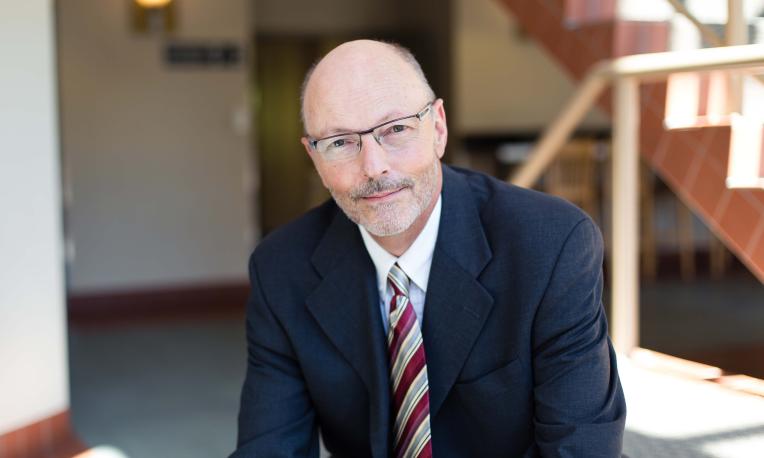
Bethany Paquette, a TWU graduate, was awarded $8,500 this week from B.C.'s Human Rights Tribunal because an employer discriminated against her on the basis of her faith and where she went to school. This has led to a number of questions about the nature of religious discrimination and what it means for both employers and potential employees—and it's particularly timely as Canadians deal with increasingly multicultural communities.
Earl Phillips, the executive director of TWU Law, is a lawyer with more than 30 years of experience in employment law and human rights law. He's available to comment on the Paquette case, common cases of religious discrimination, and what the law means for Canadians.
"Most cases about religious discrimination in employment are about the effect of religious belief on work— the ability to work on a Saturday, a turban interfering with a hard hat, the need to stop work to pray at specific times," Phillips said. "The Paquette case is extraordinary because it is the religious belief itself that was a problem for the prospective employer."

